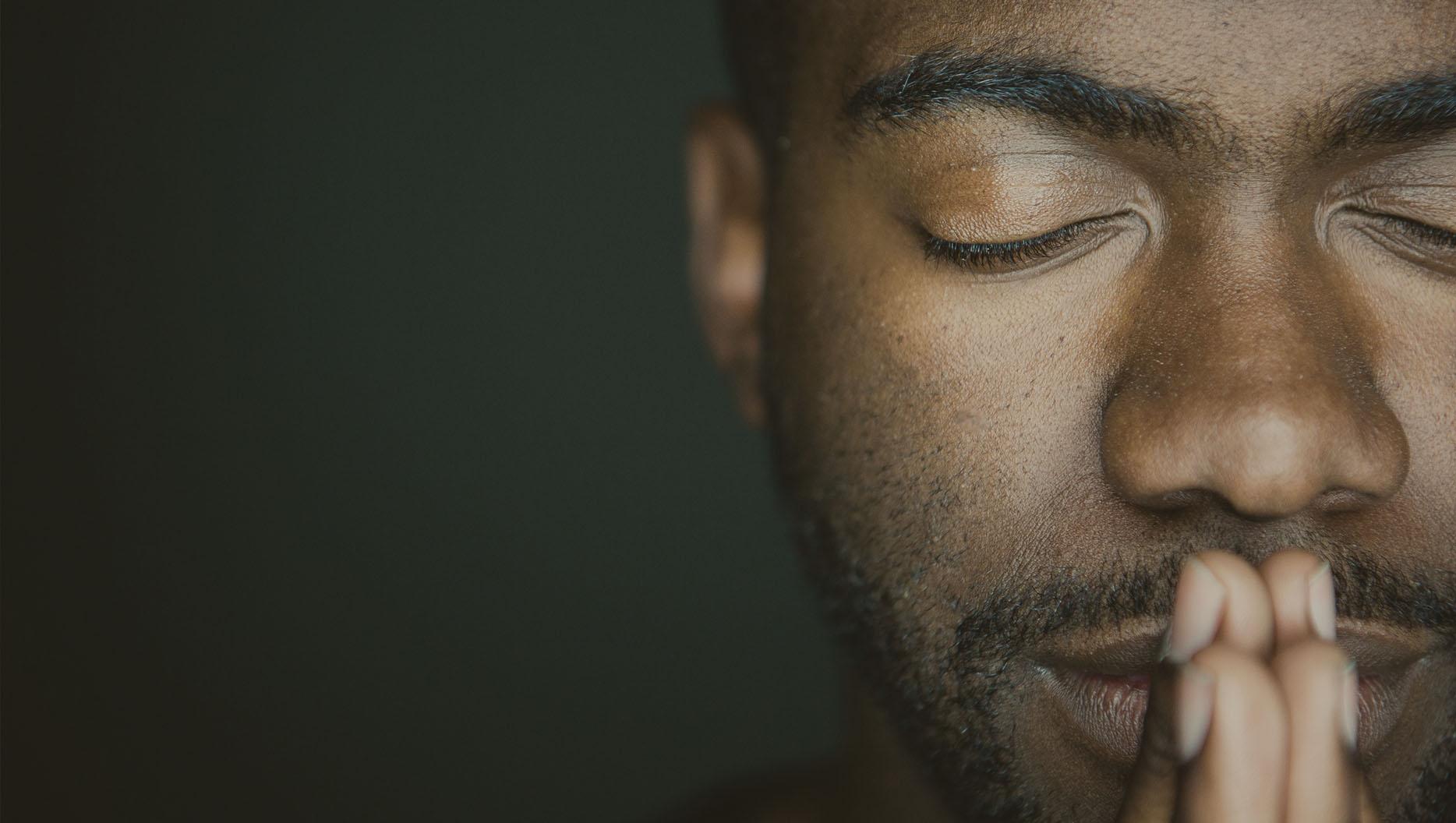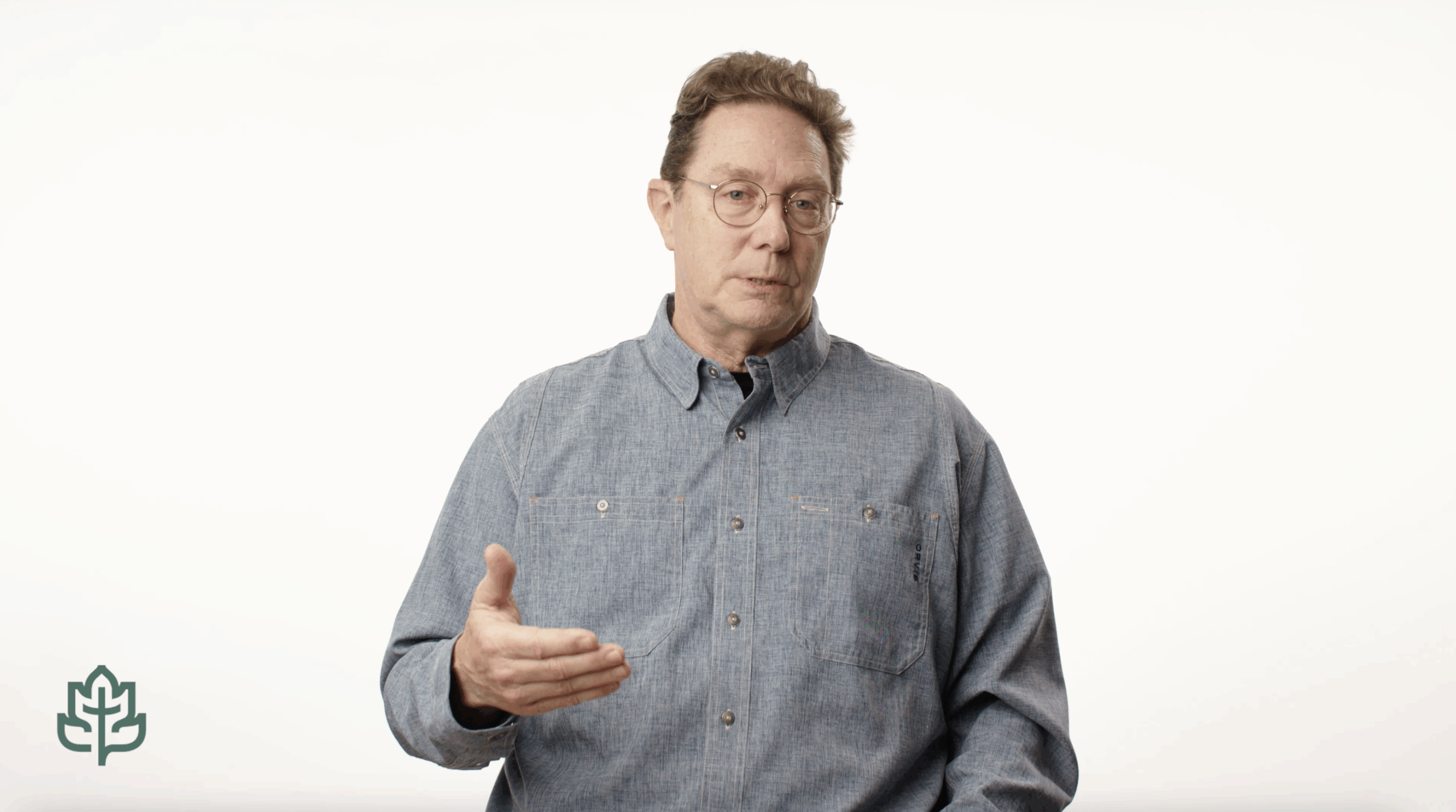How do we pray? And what role does prayer have in counseling and pastoral care? Let me start with an important question.
Why do you pray?
I suspect that you and I are probably alike. And that your answer is the same as mine. I need to. This question is like asking, "Why do you breathe?" You could say, “I breathe because I’m supposed to. I breathe because it makes me feel better. I breathe because life goes poorly if I don’t. I breathe, but it’s just a habit that I happen to have.” But you realize that when it comes to breathing, the deepest and simplest answer is that I need to breathe. Why do we pray? When we are honest, we say the reason we pray is that we need to pray. It is the door of life. And if we don’t, we perish. If we don’t, we are insane.
Now back to our original question: How should we pray? In order to explore how prayer goes right, it helps to identify ways that prayer goes wrong. Here are a few ways prayer drifts:
- Prayers can be vague and confusing.
- Prayers can function as a wish list.
- Prayers can be superstitious, a way to ensure bad things don’t happen and good things do happen.
- Prayers can just be a religious or pious practice, a habit that separates the religious from the irreligious.
- Prayer can be a mantra that seeks to evoke good feelings, a psychological experience.
- Prayer can be a reflex, something we simply do before we “get down to business” or after something is completed.
- Prayer can be something we simply tack onto life.
- Prayer can be boilerplate, a simple repetition of stock religious phrases.
But prayer goes right when it is honest conversation with the Lord we need, trust, and love. Prayer is a spiritually needy person’s communication with the God who hears.
What Does Prayer Communicate?
What does prayer communicate about our beliefs? Let me answer that question by starting with an observation about our culture. Think about this fact: the vast majority of counselors do not pray. The designated counselors in our culture, as a matter of their deepest commitments, do not pray with and for the men, women, and children that they seek to help. Those who do not pray believe that no outside help is needed or wanted or available.
A powerful faith commitment drives why a counselor would not pray. The faith commitment is “I believe that my insight, my care and concern for a person, my action plan, my expertise, and my experience is enough. I believe that men and women and children do not need the forgiveness of sins. They do not need a hope for eternal life. I believe they do not need refuge in the midst of the many afflictions that beset every single person. They do not need a shepherd who will care for them, guide them, and lay down his life for them.”
When we do not need strength from outside ourselves to be given to us, we aren’t able to live life humbly. We can’t extend mercy if we haven’t received it. So there is no joy and no thankfulness, because if you don’t ask for anything, you aren’t thankful for anything.
Whether or not you pray reveals what you believe about everything that really matters. And as you enter into a world of pastoral care and counseling—a world where you seek to help others—you should never underestimate the difficulty and complexity of life.
Our culture promotes a failsafe way to help people with their problems. It is our culture’s ideal that we can have a definitive understanding and explanation for every problem. And as Christians, it is often our heart’s desire to also provide a comprehensive, definitive understanding of people and their problems. But our understanding is always limited. A human being is an infinitely intricate dance and interplay of factors beyond our imagination. We cannot fully understand a person.
Our ability and power to help is always limited. Prayer recognizes the reality of our limited ability to help and lives within it. When you pray, you live with a fundamental humility before God and others. This humility fits reality—everyday needs can only be met by God himself.
What Do We Need That Only God Can Provide?
What do we need to pray for? In prayer, we connect human need with the promises of God. This is why we pray. All true prayer comes forth when our need and God’s promises meet. Here are some of our needs:
- We need everyday wisdom and understanding, and that’s not just information.
- We need power to live within the sufferings and afflictions of human life.
- We need courage, humility, hope, faith, and love.
- We need protection to find genuine refuge amid the hardships and heartaches and afflictions of life.
- We need forgiveness every single day.
- We need presence. We need the presence of God himself in our lives. We were made to know him.
- We need provision, both tangible and spiritual.
- We need hope. We need to know that the King will come.
- We need indestructible friendship.
These needs correlate to the attributes of God—his character and his nature. Deuteronomy 31:8 says, “It is the Lord who goes before you. He will be with you; he will not leave you or forsake you. Do not fear or be dismayed.” Your need for courage, for God’s presence, and for hope are answered by who God is: “I am with you.”
So, Then, How Do We Pray?
The answer to how we pray flows right out of why we pray. We pray because we need to. Here are three practical tips that will help guide your prayers.
Tip 1: Understand that faith has two moods. One side of faith is need. The other side of faith is gratitude. The Old Testament sacrificial system included sin offerings, guilt offerings, and burnt offerings because of need. And it included peace offerings and fellowship offerings because of gratitude. This is how life works. It is the core structure to human experience.
Let’s refer to this core structure as minor key and major key. The minor key psalms in Scripture are filled with sorrow, need, heartache, guilt, and suffering. The major key psalms have joy and gratitude—we are strong, bold, confident, and radiant. In the book of Psalms, most of the first 90 psalms are minor key. In the last 60 psalms, we start to move toward predominantly major key. Life mirrors this pattern—we move through sorrow to joy. It is only at the end that all is made right. Likewise in the psalms, it’s only in Psalm 150 that all is made well.
When a person’s need meets God’s promises, you get both kinds of psalms. Psalm 31 is a classic minor key psalm. Psalm 23 and Psalm 121 are classic major key psalms. Some of the most interesting psalms are both—e.g., Psalms 25 and 40. You have reason for both joy and heartache in life. So be honest about both in your prayers.
Tip 2: Be specific. The Bible’s narrative stories come to life because of the details that are present. The details make the stories rich and human—a perfect theater for the revelation of God in whose image we are made. By contrast, the psalms take the opposite strategy. The psalms, by and large, strip away the details. The psalms can be used to reflect on who God is, but it is also helpful to turn a psalm into prayer.
For the most part, within the psalms, you are given patterns of experience that you can fill with your specific details of life. The psalms are general and open, so your life experience can be placed in them. Your purpose is to populate the psalms with your life experience. Over the centuries, our spiritual forebears have done this with the psalms, and the psalms are meant to be alive for us.
Tip 3: Talk straight to God. Sometimes this means you will need to wrestle with your interpretation of a passage until it makes sense in straight-talking English. As you wrestle the psalm down into straight talk between you and God, the psalm comes alive for you. This is the word of God, and yet you are wrestling it into a form that you are able to live in, so that it comes to life for you and speaks to your need. Your goal is to know what Scripture is actually saying in a way you can live it in your own life.
Here is an example. Psalm 28:1 says, “To you, O Lord, I call; my rock, be not deaf to me, lest, if you be silent to me, I become like those who go down to the pit.” "Be not deaf to me" is not straight-talking English. This psalm rephrased into straight-talk says, “I am crying out to you, Lord. Don’t turn a deaf ear to me. If you don’t answer me, I will die.”
Why do you pray? You want the answer to the “why I pray” question to be increasingly “I need to pray because I am living in reality.” How do you pray? You want to have a straightforward conversation, at the intersection of where you really are and who God really is. And when this conversation happens, redemption explodes onto the plane of our earthly existence.
•
This article was originally published in CCEF's annual magazine, CCEF NOW.
Want to know more about how our hearts can be stirred with a new passion for engaging the living God in prayer from the Apostle Paul? Prayer, teaching on prayer, and prayer requests make up about 15 percent of Paul’s epistles. Purchase the full audio download for the 2025 CCEF National Conference: To Live Is Christ: The Life & Ministry of Paul.




